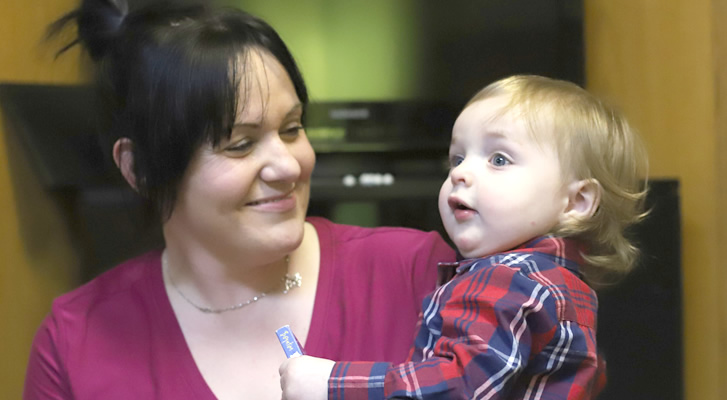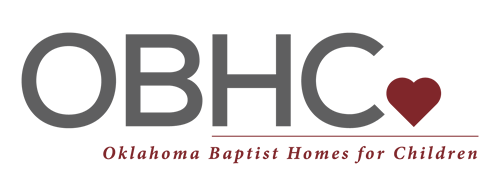Thank you for considering Oklahoma Baptist Homes for Children (OBHC) to meet your placement needs. For more than 100 years, OBHC has been committed to helping children in need. We do this by providing a safe, nurturing home for children while encouraging and empowering them and their families to follow Christ. Over the years, we have expanded this ministry to include single mother families, to help those in need and give them a home and the tools they need to succeed. For more information, please choose from the following services:
Child-Focused Care
OBHC provides basic care for children ages 6-17 in need of a home. Children eligible for placement include those with disciplinary problems, abandonment, unsafe living conditions or unable to care for them.
OBHC is not equipped to meet the needs of children who are addicted to drugs and alcohol, need in-depth psychiatric care, exhibit habitual delinquent behavior, are mentally or physically disabled, or are physically or sexually aggressive. We can make referrals to other facilities capable of handling these unique scenarios.
OBHC has child-focused care on three campuses in Edmond, Owasso and Madill.
Family-Focused Care
OBHC offers Children’s Hope, a family-focused program for single mothers ages 18 and older who have custody of their child/children. Children’s Hope provides an opportunity for single-mother families, who may have limited or no support/resources and are in need of a home, an opportunity to develop a solid foundation for herself and the children in her custody.
The goal is to help families become productive and more self-sufficient by providing a safe, stable and nurturing place to live, while equipping, assisting and teaching important skills that support both the mother and the children.
OBHC has Children’s Hope programs on two campuses – Oklahoma City and Owasso.



